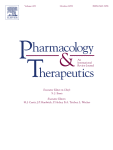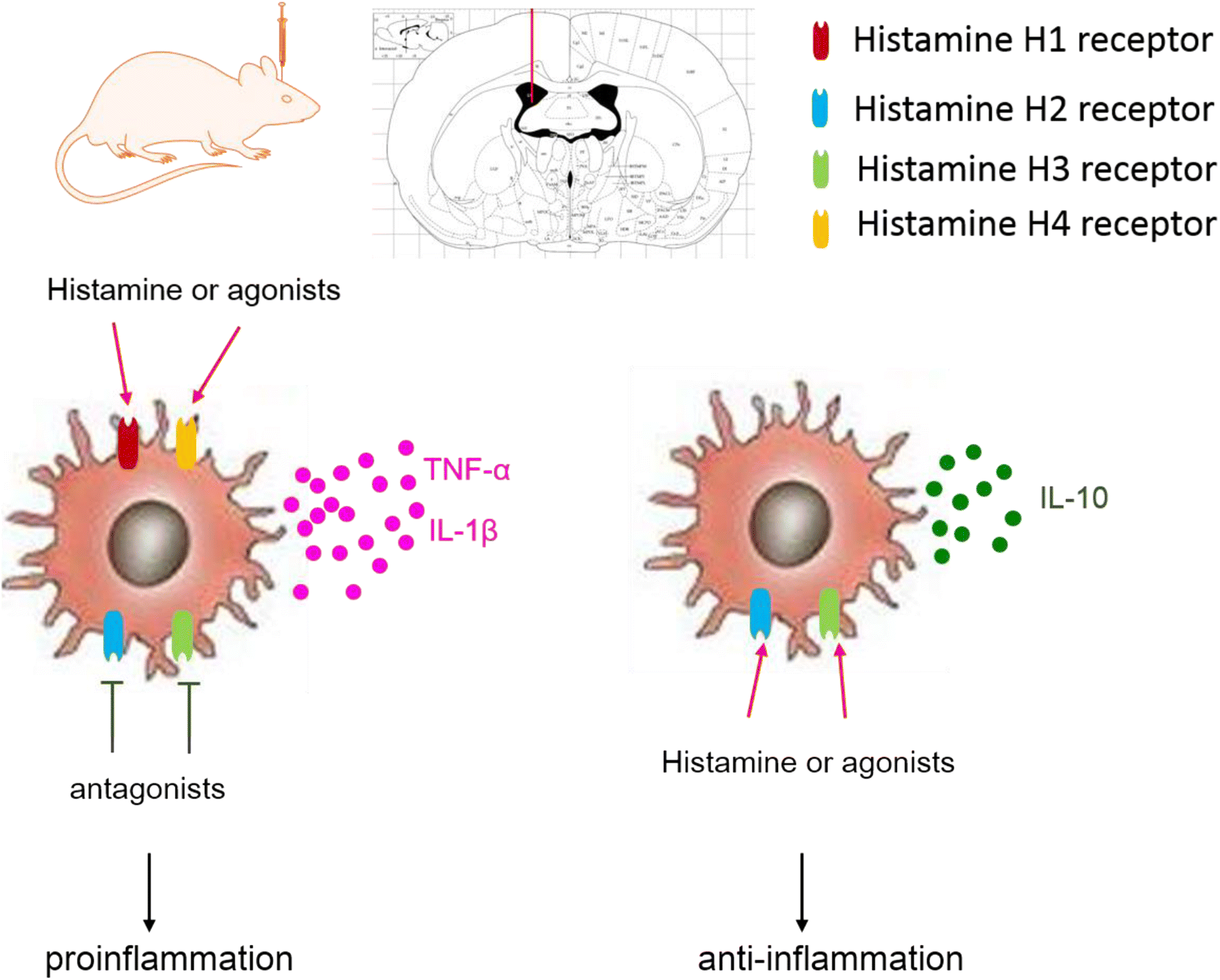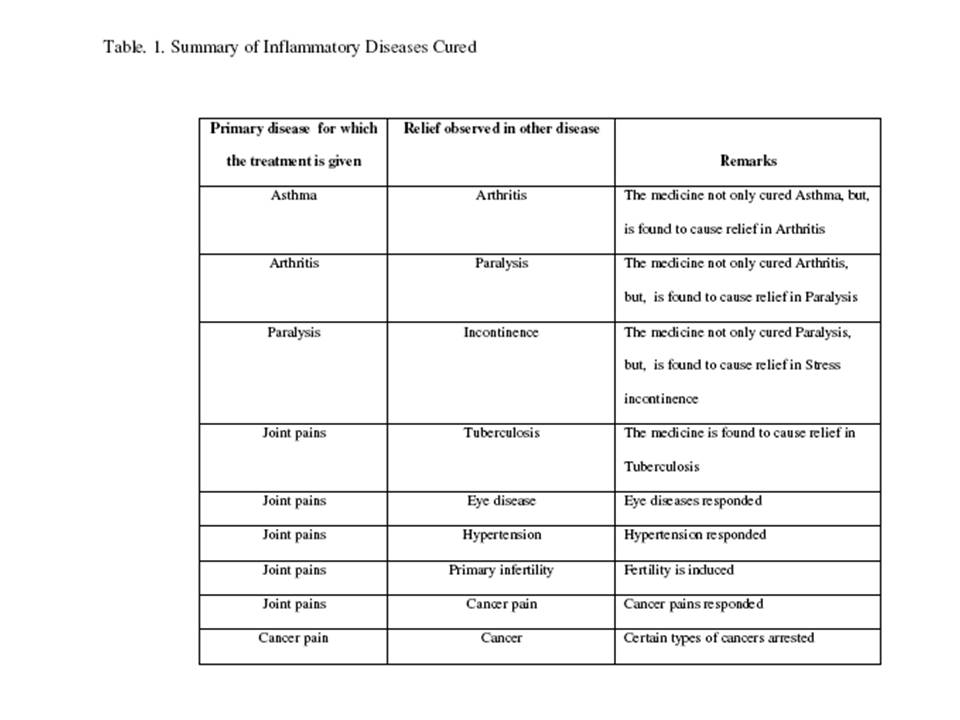Issie and I have been looking into several issues for some time and slowly but steadily proceed.
She had been looking into MCAS, histamine release and antihistamines and the idea of moderating histamine release rather then blocking it for some time. I failed to understand how things could work but if I learned one thing it is not to soon dismiss Issie's keen observations and medical intuition. She kept coming back on the topic and I kept failing to see the more chemical why's behind it. I want to find and know chemical or physical pathways in order to better learn how to deal with it.
It was a very difficult search for sure but a number of months ago I finally did find something I can wrap my brain around. That does not mean that what Issie said that far did not make sense, but my mind too is still limited so I needed something I knew better, being basic chemical reactions, to tie this whole new idea she was talking about to.
"AA was found to have much higher reactivity towards histamine than towards indoleamines. For example, when a reaction mix-ture of AA (1 mM) and histamine or tryptamine (5 mM) in 0.1M phosphate buffer (pH 7.4) was incubated at 37 °C for 24 h, AA decreased by 11% in the case of tryptamine, while in the case of histamine, it decreased 88%."
Here, AA stands for acetaldehyde. I came to this paper after learning that histamine is quite a reactive chemical, easily and quickly forming chemical reactions with many different types of chemicals. So I went for a hunt of what histamine could potentially react with in order to neutralize or detoxify. I got closer by learning that indoleamines, which is a class of chemicals including neurotransmitters serotonine and melatonin, react quite quick with histamine.
Still, that was an unlikely target for possible detoxification. Then I did find this rare hit that it reacts even a lot faster with acetaldehyde. Acetaldehyde is a toxic chemical that negatively affects much of the neurologic system and relates to several of our disease symptoms. In addition, mast cells react to acetaldehyde and release a selective part of their toxic load when triggered by it. That was the start of a new part of our journey.
Since then, our ideas that histamine being high in MCAS is not just a process gone wrong, but a compensation mechanism with unpleasant side effects grew just as much as the idea that too high acetaldehyde is an important part of our personal health problems.
Before us, AcH_Influenced
https://www.healthrising.org/forums...ehyde-blood-levels-discovered-something.6126/ came to similar ideas from a different and experimental angle.
Acetaldehyde being too high isn't that unlikely in our conditions. Many patients report frequent episodes of deep air hunger. Several researchers point to our cells not taking oxygen up. So it is easy to assume that there is something wrong with oxygen uptake and availability.
That in sort borderlines to partial hypoxia, and hypoxia or too low oxygen is a common inducer of high oxidative stress in the cells and mitochoindria. Too high oxidative stress in the mitochondria is well known to interact with the phospholipids of cell and mitochondrial membranes and produce plenty of toxic acetaldehyde while damaging the membranes. So high acetaldehyde and the need to detoxify it at an increased rate is a likely hypothesis.
Normally, acetaldehyde detoxification is done through the ALDH enzymes. One major problem here is that that is a dehydrogenation reaction. The name hides it, but that is a reaction requiring... ...oxygen. Even in the chemical reaction it's not plain obvious, as it's linked to the production of NADH. During (even partial) hypoxia oxygen obviously is short, so chances that "conventional" pathways to detoxify acetaldehyde are partly crippled are real. If so, an alternative detoxifying route would be more then welcome.
Reacting with histamine to a more benign product would offer such option. Histamine has the benefit of increasing local blood flow too, potentially increasing oxygen flow towards the tissue in hypoxia and increasing removal of toxic waste products. The end result of this chemical reaction, 4-methylspinaceamine, has been found in human urine according to
https://www.sciencedirect.com/science/article/abs/pii/S002432050400952X with title
"
Identification of 4-methylspinaceamine - a Pictet – Spengler condensation reaction product of histamine with acetaldehyde - in human urine"
Stinging nettles BTW contain histamine and tea of it is sometimes used by naturopaths to treat the effects of too high histamine and allergies.


















